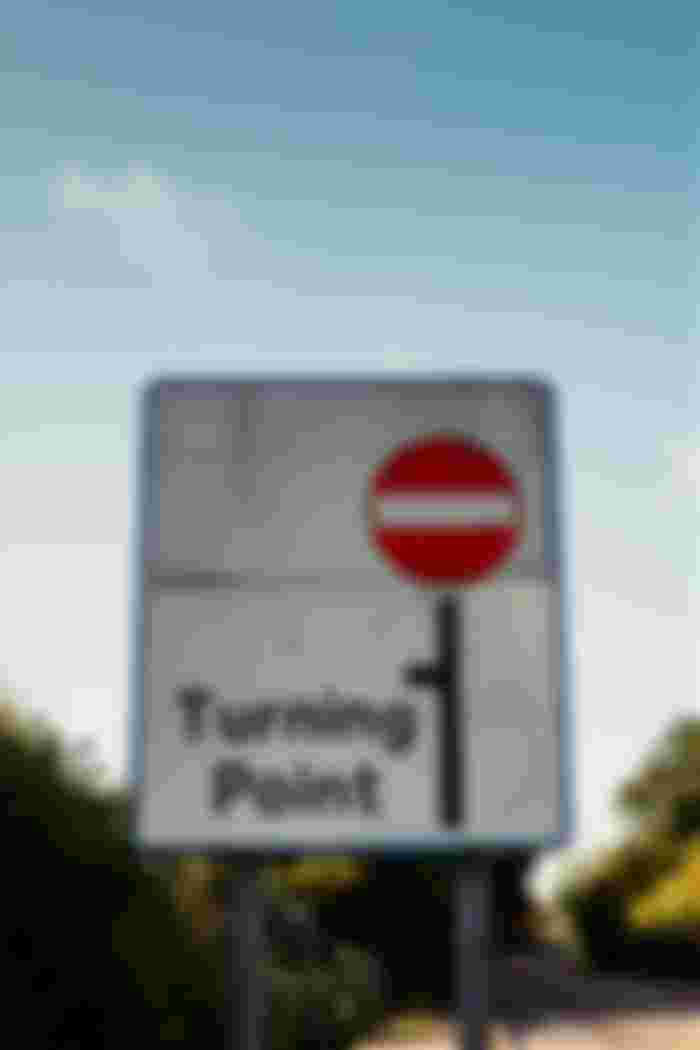On "freedom of speech, not freedom of reach"
A lot has been said online about this, to the point of where I might not be adding much to the topic, but listening to Mike Benz here, I had a thought about it.
https://twitter.com/MikeBenzCyber/status/1698789266057318676
---
Free Speech in the old days
Imagine you live in a country where there are the usual freedoms we in the West have come to believe to be important to a healthy society.
One day, you feel you have something to say.
You talk to your family, you talk to your friends.
You might stand in the market square, making your voice heard to others who pass by.
Unknown to you, there might be some well connected influential people among those who hear your message.
You don't know, but you keep spreading what you feel needs to be said.
You invest some of your own time, you travel around to some other towns, to make sure the message is spread. Since it's your right to move freely, to associate freely and to speak freely, nobody can legally obstruct you or those who want to listen to what you have to say.
You can basically reach as many people as you can meet. It depends largely on the effort you put into exercising your rights (moving around, associating with others and speaking).

"Freedom of Speech" meets social media platforms
Social media grew big because it was "free", it offered accessible and convenient ways to share views online. Much easier than traveling around and standing on a soapbox. Yay for the internet, hooray for social media!
Of course, it couldn't sustain itself without taking in money from somewhere to at least pay the bills, so it quickly productized the data collected from and about its users, selling it on to advertisers and making social media users into 'the product', as the famous saying went.
Recent moves to monetize platforms via the user base, like the $8 fee that Twitter/X charges for verified personal accounts, have come with the introduction of the concept of "Freedom of Speech, not Freedom of Reach".
It the owner of the venue, letting the congregated crowd know that what can be heard during the meetings, is subject to the authorization and control of the owner, not the people wanting to do the talking and the listening.
This isn't like a "market square", unless you imagine a market square with WrongSpeak enforcers patrolling and surveilling, and isolating those who they feel should be heard less or not at all.
This isn't even like buying a cheap seat at the back of the auditorium. This is like being put out in front of the door when the party gets going.
Compared to the situation of old, this places many disadvantages upon would-be speakers and listeners.
You might not be free to to move as you wish within the social media platform. Depending on implementation, a platform could hide the presence of venues or persons, whom you will then not be able to visit.
But, but - surely they can still find you and you can get heard?
No, it works both ways. If the platform (or its advertising funders) holds your message in contempt of its rules or tastes, it can also prevent YOU from being located and/or heard.
It'd be as if you're standing in the market square, but unfortunately, you're the Invisible ... Person. Maybe this has happened to you at a party before, but this time it's not due to your own shyness, it's because some algorithm didn't like you.
Where does this leave your Freedom of Speech?
Diminished, no doubt.
But nobody's forcing you to use the platform. You're free to take your views elsewhere on the Internet.
This is a real option, right?
This is why powerful organization are pouring massive investments into Internet-wide social media platform monitoring and setting up legal frameworks to classify speech and regulate it on social media platforms they deem 'big enough'.
Of course, to better protect your Freedom of Reach - everywhere. Right?
And here you have "reached" the conclusion of this short article.
Where you go from here - that's up to you...

Photos:
Lead image by Marc-Olivier Jodoin on Unsplash
"Turning Point and dead end road sign" by Roger Bradshaw on Unsplash


Enter to read the post, but it caught my attention that you are a verified user. How did you do it?